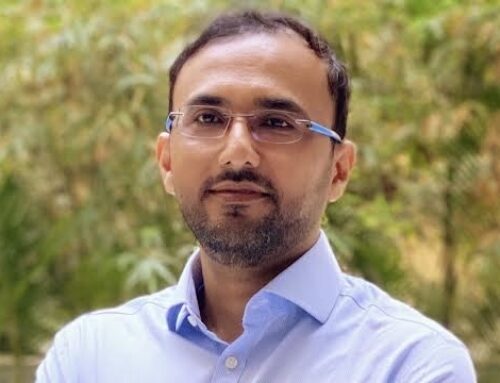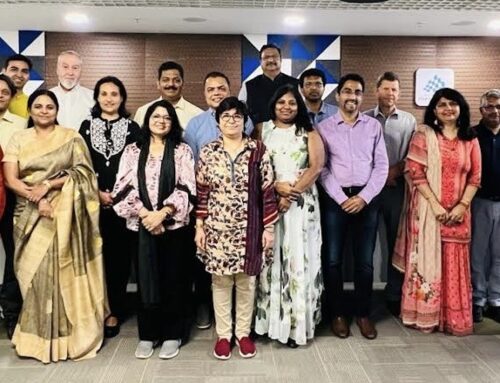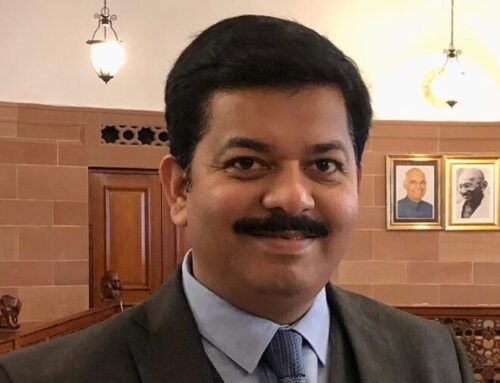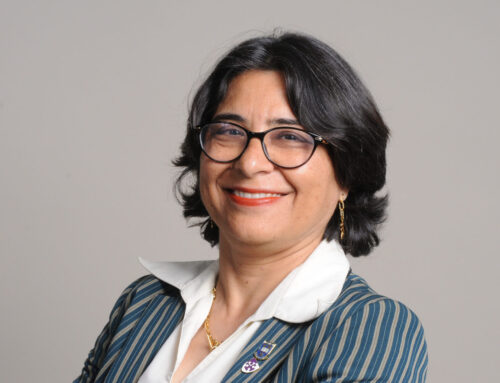John Hoffmire: Tell me about your company, RCupe Lifesciences Pvt. Ltd.
Jayant: RCupe Lifesciences is a biomedical device start-up focused on developing, manufacturing, and commercializing innovative solutions for unmet clinical needs in emerging and other markets. Currently we are focused on a much needed ‘Ozyn-D™’, an indigenously developed, novel intraosseous (IO) device for pre-hospital and in-hospital critical care management.
John: Tell me more about ‘Ozyn-D™’.
Jayant: ‘Ozyn-D™’ is a lifesaving intraosseous device, which gains quick access to circulation (in less than 10 seconds) in medical emergencies. The manual device gains access through long bones and infuses fluids and medications in comparable rates as that of intravenous access (IV). The single use, disposable device is serviceable when patients suffer with sudden cardiac arrest (SCA), trauma, shock, obstetric emergencies, burns, and severe pediatric and adult emergencies wherein patients experience hypovolemic and hypotension conditions and access becomes challenging. The device is usable by paramedics and nurses in resource-poor settings (typical of medical emergencies). It is sterile and ready to use at the point of care without any preparation.
John: How broad is the market for ‘Ozyn-D™’ devices?
Jayant: First, let me list the potential users for ‘Ozyn-D’ devices: emergency departments, hospitals, emergency responders, ambulances, military units, paramedics, nurses, and physicians.
As for the market, an estimated 1.3 million adults in India alone are annually deprived of IO access due to there being no solution like ours. In the US, approximately 5 million patients need alternatives to vascular access. Globally, it is estimated that 250 million patients lack IO access.
RCupe will commercialize the ‘Ozyn-D™’ device first in India and later in other markets.
John: What makes the ‘Ozyn-D™’ devices stand apart from competitors?
Jayant: With access time being less than 10 seconds to infuse fluids and medications, our product’s speed is comparable to IV rates. It’s suitable for all medical emergencies. Paramedics and nurses can use the device with minimal training. Furthermore, it’s a highly scalable technology.
John: I met you several years ago when you were part of the Chevening Research Science and Innovation Leadership Programme (CRISP) at Oxford. How did that experience affect your career?
Jayant: I was a fellow in the 2012 Chevening Research, Science and Innovation Leadership Fellowship (CRISP) Program at Oxford, which brings international leaders and those with strong expertise in their fields to the UK to acquire new skills, build their networks, and collaborate on research. The people I met and the network we built among the CRISP scholars has been invaluable in the work I’ve done since then.
Read the rest of the interview here at the Center on Business and Poverty
Jayant Sitaram Karve is the Director and Chief Executive Officer of RCupe Lifesciences Private Limited, as well as an alum of the Chevening Research Science and Innovation Leadership Programme (CRISP) at Oxford (2019)
Dr. John Hoffmire is the Chairman of the Center on Business and Poverty, the Director of Employee Ownership at Teamshares, and Research Associate at the Oxford Centre for Mutual and Co-owned Business





